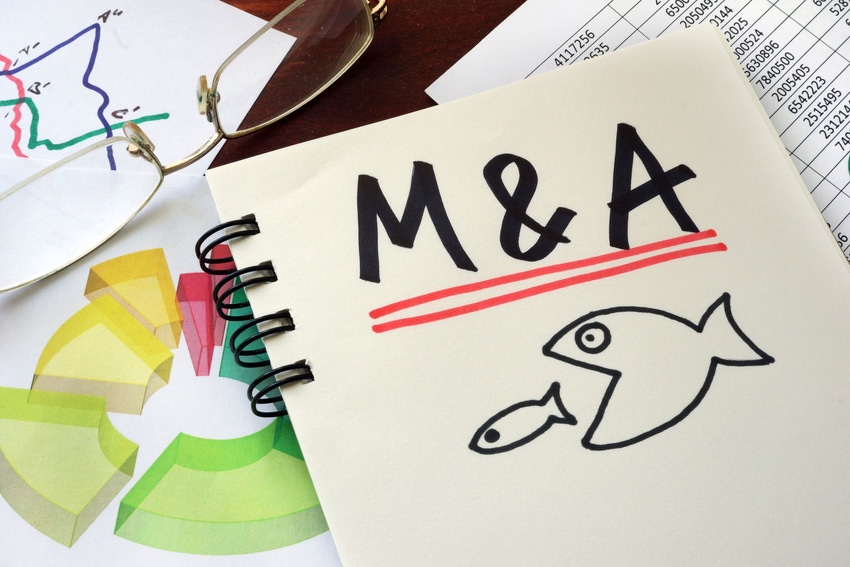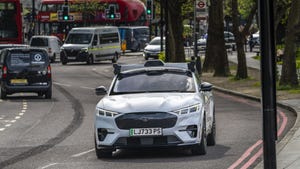Boingo going private in $854 million deal
Boingo Wireless has agreed a US$854 million takeover deal by investment firm Digital Colony Management a year after it disclosed that it had been approached by a number of suitors.
March 2, 2021

Boingo Wireless has agreed a US$854 million takeover deal by investment firm Digital Colony Management a year after it disclosed that it had been approached by a number of suitors.
While Boingo clearly was not in a hurry to ink a deal, agreeing terms with Digital Colony will come as welcome to news to the company – and its shareholders – since it will bring better access to funding that will help to reposition the company away from its legacy business to focus on new core areas.
“We believe Digital Colony’s expertise owning and operating digital infrastructure businesses, combined with its relationships, resources and access to long-term, private capital markets, will provide greater flexibility for Boingo to continue advancing its business strategy,” said Boingo Wireless chief executive Mike Finley, in a statement.
It would be a step too far to say that Boingo was in trouble, but it has certainly had a wobble.
Boingo is still known primarily as a provider of retail WiFi networks and services, but it is seeing stronger traction in other areas, such as the provision of distributed antenna systems and wireless infrastructure on military bases. Indeed, in late 2019 it detailed a restructuring plan, the key tenet of which was the loss of around 80 jobs, or 16% of its workforce, in a bid to focus on new core areas.
“The realignment plan enables the Company to focus efforts on the core businesses which include providing services to the wireless carriers, generating business on military bases and growing the multifamily business. The remaining legacy businesses, including retail and advertising, will be managed to maximize profitability,” the firm said in its 2019 earnings report.
Speaking of earnings, Boingo’s takeover announcement coincided with the publication of its 2020 numbers, which clearly demonstrate how its business has changed in recent years. The company reorganised its business into five reporting divisions: Carrier Services; Military; Private Networks and Emerging Technologies; Multifamily; and Legacy.
Boingo reported a 10% overall revenue decline last year to $237.4 million and a wider net loss at $17.1 million, although adjusted EBITDA was up by 1% to $83.5 million. Its net cash from operating activities was down by a third to $72.5 million, while free cash flow was a negative $33.7 million. The Digital Colony takeover clearly comes at a good time.
“The headwinds resulting from COVID-19 accelerated the anticipated decline in our Legacy retail and advertising products as well as delayed progress on several projects into 2021,” noted Finley.
Indeed, revenue from the Legacy unit came in at $29.1 million, down by 36.7% on 2019. The performance of the company’s biggest division, Carrier Services, was also questionable, with revenue sliding by 7% to $107.7 million.
Business highlights included a deal with an unnamed tier one carrier to design and operate wireless services for the New York metro, in what it says is one of the largest DAS deployments in its history. At the end of the year Boingo had 74 DAS venues live, comprising 41,200 DAS nodes and an additional 11,500 nodes in backlog. That’s one more venue and around 3,000 more nodes than it claimed a year earlier.
In a nutshell, Boingo is on the cusp of reinventing its business and it needs cash to do that, and that’s where Digital Colony comes in.
And Boingo got a decent price for its shares. The Digital Colony deal is for $14 per share in cash, a 23% premium on the firm’s $11.40 closing price last Friday. It values Boingo at around $854 million, including the assumption of $199 million in net debt obligations.
The transaction still requires the approval of Boingo shareholders and the regulatory green light. The companies expect it to close in the second quarter of this year.
If all goes to plan, at that point Boingo will become a privately-held company.
About the Author(s)
You May Also Like











_1.jpg?width=300&auto=webp&quality=80&disable=upscale)


.png?width=800&auto=webp&quality=80&disable=upscale)